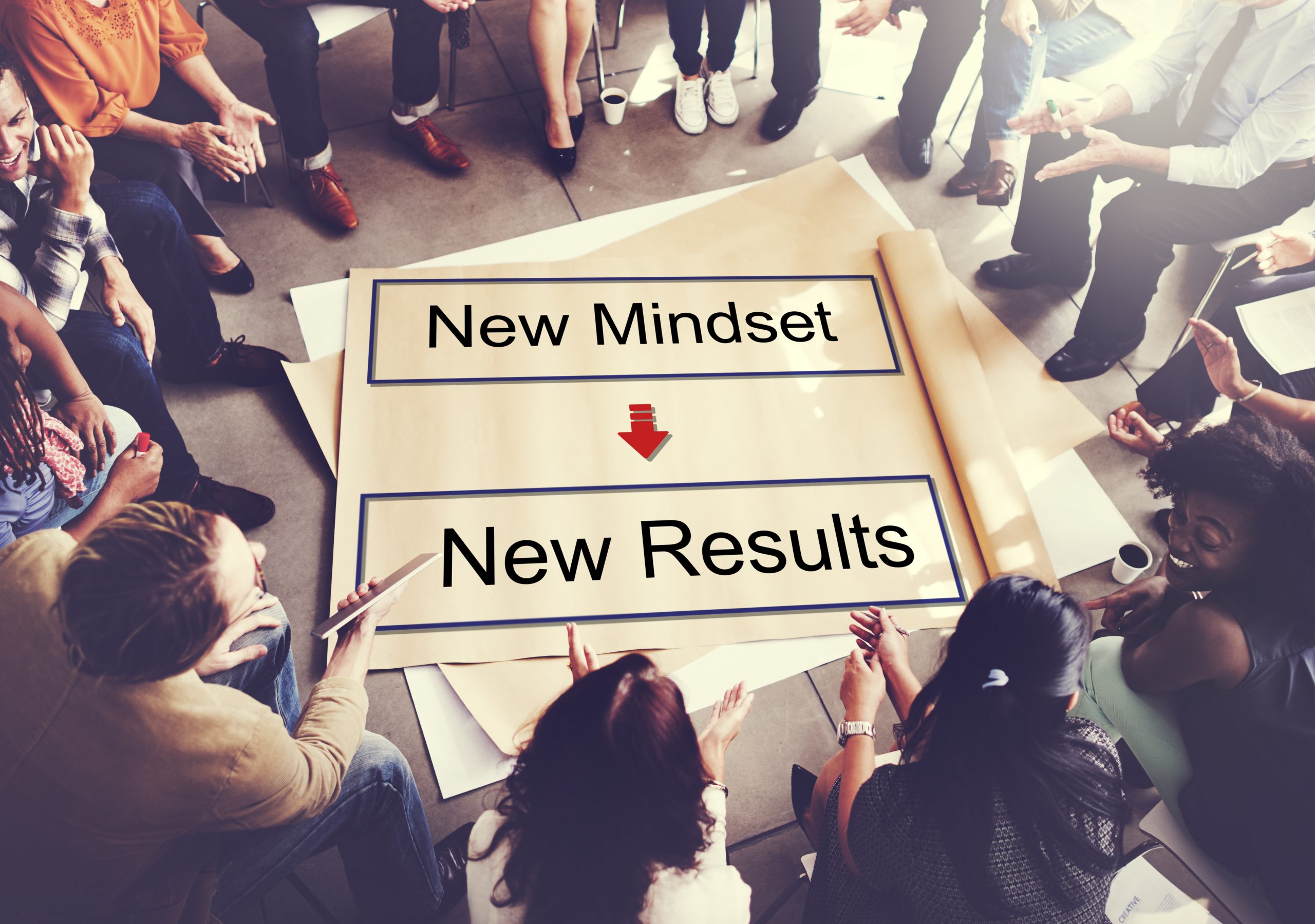The general opinion has been that managing time is the key to productivity and success. But what if I tell you that energy management, instead of time management, is essential for high performance? In this short article, I’ll teach you three tips on managing your energy for high performance.
We all work within the same time limits – 24 hours daily is all there is. We can’t get more time than this, but we can utilize our time better! Let’s investigate how simple techniques can increase our energy and work performance.
The power of full engagement
Jim Loehr and Tony Schwartz boldly state in their book The Power of Full Engagement: “Energy, not time, is the fundamental currency of high performance.” I believe this to be true. Burnout caught me twice in my life. The first one was mild, the second one bad. One major thing was that my time-management strategies made me rather ill than successful. Only when I learned to manage my energy better was I able to bounce back AND become a high performer.
Loehr and Schwartz further state that we should “treat our lives as a series of sprints rather than a marathon” – an interesting analogy with much wisdom in it. Aren’t we all guilty of skipping the necessary recovery time after a week or two of working intensively on a project only to jump right into the next one? Unfortunately, over time this drains our batteries, which leaves us with a consistent feeling of depletion.
As leaders, we can’t afford to run on empty! We are the stewards of organizational energy. We have to learn how to manage our energy effectively first. Only then can we mobilize, focus, invest, channel, renew, and expand the power of our employees.
If all this hits home for you, but you are still worried that you don’t have the time to rest and recover, let me introduce you to the following tips. I will show you how to improve your energy without compromising your daily schedule. These tips have been a real lifesaver for me and will be for you, too, if you consider yourself a stressed-out leader.
3 energy management tips to increase performance
1. Schedule a daily nap
Napping is a scientifically proven way to effectively recharge your energy and raise your cognitive abilities, such as concentration and memory. Be aware, however, that your napping time won’t exceed 20 minutes, or you will feel more exhausted than before the nap.
How do you integrate napping into your day?
If you work from home, this should be easy. If you work in an office, consider finding a quiet place such as your car, or you could put up a sign at your office door saying “20-minute relaxation. Don’t disturb.” Who knows – you may set the trend at your office once people notice how much your energy levels have increased!
2. Become aware of your thinking patterns
What frequently drains us the most is putting too much pressure on ourselves.
- Consistently comparing ourselves with others
- Perceiving work and life as a competition
- Thoughts and feelings of not being good enough
- Setting higher standards for ourselves than others
- Being a perfectionist
All these thought patterns deplete us big time!
How can you become aware of your thinking patterns?
Get yourself a journal. Observe your thoughts for a day or two and write them all down. Then, analyze them and look for the patterns. I guarantee you that many of the ideas you have noticed will come up repeatedly! Two things are essential:
a) Self-awareness is the first step to improve anything in our lives
b) Mindfulness – a non-judgemental observation of the present moment- helps us accept ourselves as who we are and to escape the perfectionism trap.
3. Meditate daily
I know you may have heard this a thousand times already, but if you still think you don’t have the time to meditate, I urge you to reconsider! Only a few minutes daily can tremendously impact your health, well-being, and productivity. Numerous scientific studies prove how daily meditation can help us become more resilient and productive in work and life.
How to meditate?
Find a quiet place to be undisturbed for 5-10 minutes. You can either sit on a chair or a cushion. Most importantly, your spine needs to be straight. Set a timer. Close your eyes and notice your breath. The breath is your focus point. As you inhale, see the cold air coming into your nostrils, and as you exhale, notice the warm air leaving your nostrils. Every time you catch yourself having been carried away by a stream of thoughts, without judging yourself, bring your attention back to your breath. That’s it – a beginner’s meditation practice. And the more you practice, the easier it will get.
Conclusion
Here you go! Managing your energy does not have to be a difficult task. Once you start applying the strategies to manage your energy for higher performance, you’ll probably notice how different work days transform into smooth and gentle sailing. Having the proper rituals in place and the willingness to observe and change your thought processes, emotions, and behaviours will help you to live a healthier, happier, and more productive life. Start today!
If you’d like to learn more about how to increase self-awareness, manage your energy, and increase your productivity, check out our innovative equine-assisted leadership workshops.

Corina Holzapfel is a leadership coach and mindfulness expert with over 30 years of experience helping leaders create transformational change. As the co-founder of Catalyst Leadership 360, Corina integrates her expertise in emotional intelligence, nervous system regulation, and equine-assisted learning to guide leaders and teams toward greater resilience, authentic communication, and purpose-driven leadership. With a unique approach that blends practical strategies and heart-centered connection, Corina empowers individuals to lead with clarity, compassion, and confidence.







